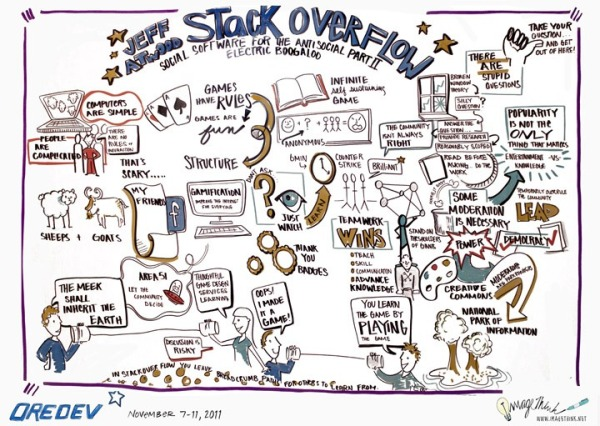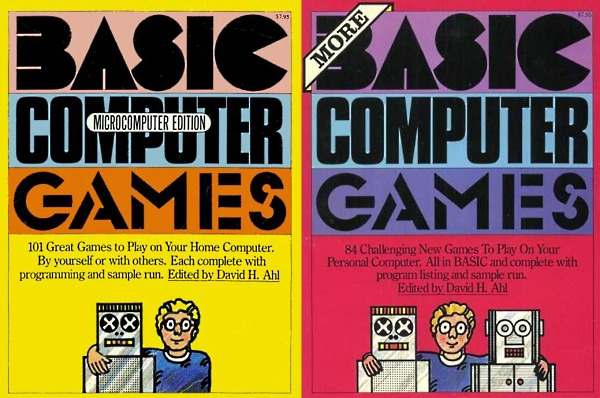
security
Should All Web Traffic Be Encrypted?
The prevalence of free, open WiFi has made it rather easy for a WiFi eavesdropper to steal your identity cookie for the websites you visit while you’re connected to that WiFi access point. This is something I talked about in Breaking the Web’s Cookie Jar. It’s difficult











